I have a table that contains the names of various recording artists. One of them has a dash in their name. If I run the following:
Select artist
, substring(artist,8,1) as substring_artist
, ascii(substring(artist,8,1)) as ascii_table
, ascii('-') as ascii_dash_key /*The dash key next to zero */
, len(artist) as len_artist
From [dbo].[mytable] where artist like 'Sleater%'
Then the following is returned. This seems to indicate that a dash (ascii 45) is being stored in the artist column
However, if I change the where clause to:
From [dbo].[mytable] where artist like 'Sleater' + char(45) + '%'
I get no results returned. If I copy and paste the output from the artist column into a hex editor, I can see that the dash is actually stored as E2 80 90, the Unicode byte sequence for the multi-byte hyphen character.
So, I'd like to find and replace such occurrences with a standard ascii hyphen, but I'm am at a loss as to what criteria to use to find these E2 80 90 hyphens?

